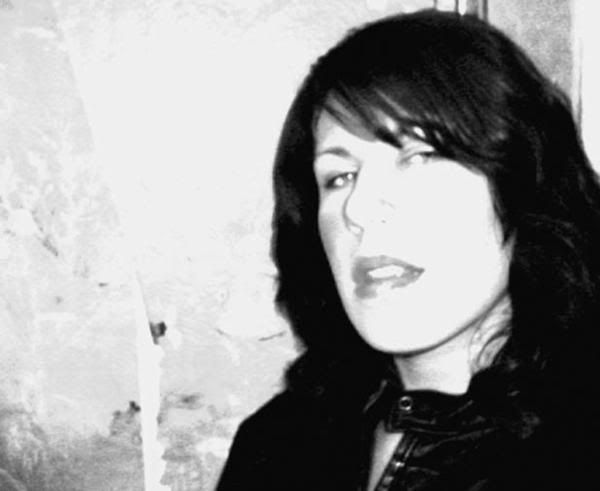I have cancer.
Initially, when the reality was yet to fully settle in, the most effective way of managing the news seemed to be to treat in the most off-handed way as possible. Oh, hi, by the way - cancer, I has it. Crazy, right? I know!
Even still, the actual words - "I have cancer" - are weirdly heady to say out loud, and I've done it almost every day for the last two weeks. They don't flow delicately. They land with a sickening thud at the feet of whomever I'm telling. It's not my intention to impart the information so brutally, but I realized rather quickly that there is no nice way of saying it, only roundabout detours.
My endocrinologist tried to use Big Words. "Your biopsy showed stage II papillary carcinoma cells," he said evenly, shuffling papers in my file.
"So it's thyroid cancer," I said.
He cleared his throat. "It's low-grade cancer. It's not cancer." On the last word, he made exaggerated finger quotes.
This was not a lot of consolation for my mother, whom I called after leaving the office with my diagnosis of "low-grade cancer."
"Maybe it's like low-fat milk," I offered, trying to make her laugh. "Not as bad for you."
I had gone to my endocrinologist with every expectation of finding out that my hormone levels had crapped out and that I was finally due to start thyroid medication. Instead I left with an appointment with the ear, nose and throat surgeon at New York-Presbyterian and the unavoidable duty of telling people.
That first day, I told a lot of people. Not because I wanted sympathy but as a way to somehow make it real. After all, I felt fine. Maybe if I said it out loud enough times, the gravity of the situation would sink in. Every time I said the words - "I have cancer" - I pulled back a little to shield myself from the shrapnel from the impact. Trust me, it's not an easy thing to say. But they still seemed like just words.
So no matter how many people I told, it wasn't really real until I went to go see the surgeon. Until there was a camera up my nose, and I was staring at my own vocal chords. Until the details of the procedure and its aftermath were laid bare, in the form of a black ink drawing that the doctor sketched on a sheet of white paper in his lap. On the diagram, he drew long, looped lines to show where the nerves that control my vocal chords were in relation to my thyroid. In rare cases, damage to these nerves could result in a total loss of the ability to speak - or worse, in death, if the vocal chords were paralyzed in such a way that they lock and prevent breathing. All sold, the removal of my thyroid could take upwards of 6 hours because of the delicate dissection of these nerves.
There were other worst case scenarios of surgery - the inability to absorb calcium and vitamin D, bleeding, infection - but for some reason, the potential-but-unlikely damage to my vocal chords is the thing that stuck with me all day. Not because I have a lack of confidence in the surgeon. He seemed very nice and more than competent. He answered all the questions that I had and didn't make me feel foolish for being uneasy. He was also honest about the very real possibility that the cancer might have spread - there is no way to know until after my thyroid and lymph nodes have been removed and biopsied again.
I'm actually a little afraid at this point - which I'm not really willing to tell anyone, lest they think I'm making a lame bid for pity. This is very serious business, as much as I've been trying to pretend that it isn't. I just hope it's not the time that I need to pay for all the bad things I've done in my life. I'm fine with having a scar - what's one more? - and taking pills for the rest of my life. I just hope that's the worst of it.
When it's all over, I want to be able to say that I don't have cancer.
Subscribe to:
Post Comments (Atom)


No comments:
Post a Comment